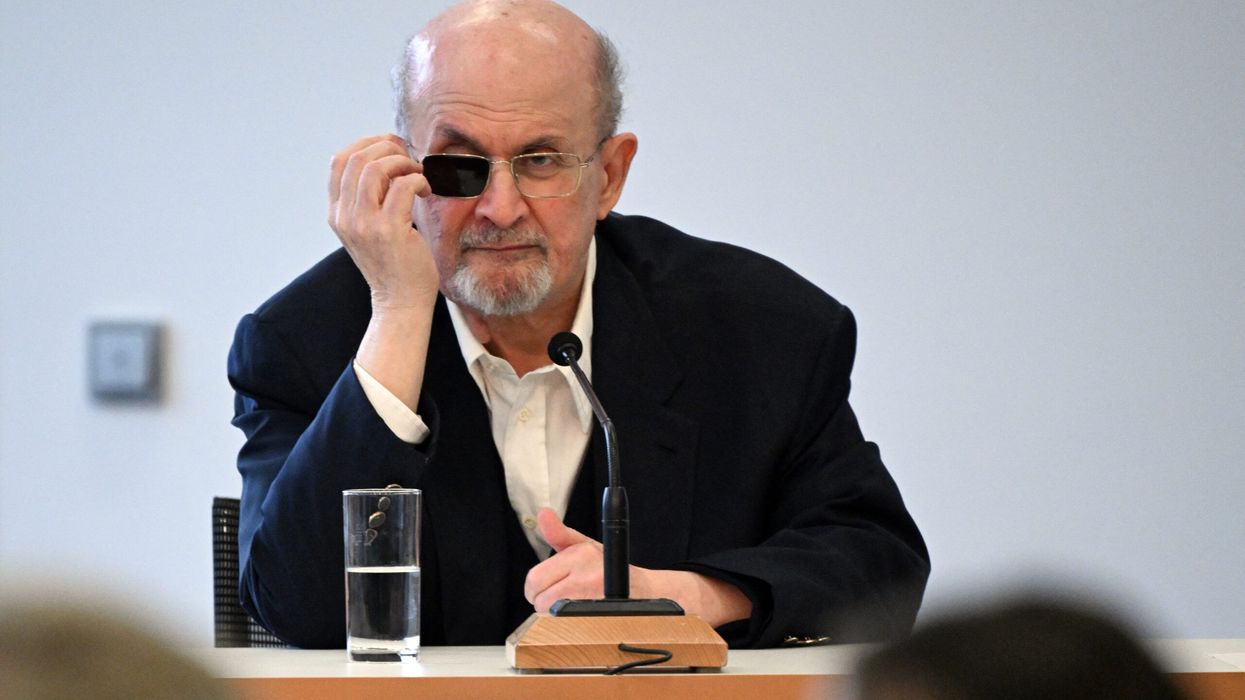INDIA’s decades-long ban on the import of Salman Rushdie's controversial book The Satanic Verses has effectively been lifted after a court found the original notification imposing the ban could not be located.
The book by the India-born British author was banned in 1988, following complaints from some Muslim groups who viewed it as blasphemous. The Delhi high court reviewed a 2019 petition challenging the ban.
In its order on 5 November, the court noted that the Indian government was unable to produce any official record of the import ban. The court said it had "no other option except to presume that no such notification exists."
"The ban has been lifted as of 5 November because there is no notification," Uddyam Mukherjee, lawyer for petitioner Sandipan Khan, stated.
India's interior and finance ministries have not yet responded to requests for comment.
Khan had approached the court after being informed by bookstores that the novel could neither be sold nor imported in India. Unable to locate the official ban order on government websites, Khan turned to the court for clarification.
The court's 5 November order noted that none of the respondents could provide the notification, and even a customs department official who was reportedly involved in the drafting had “shown his helplessness” in producing it.
The Satanic Verses, Rushdie's fourth novel, stirred global controversy upon its release in September 1988, as some Muslims deemed its passages about Prophet Muhammad to be offensive.
The book’s publication led to violent protests and book burnings in various countries, including India, which has a large Muslim population.
In 1989, Iran’s then-supreme leader, Ayatollah Ruhollah Khomeini, issued a fatwa calling for Rushdie’s assassination, forcing the Booker Prize-winning author into hiding for several years.
In August 2022, Rushdie was attacked on stage in New York, leaving him blind in one eye and impairing the use of one hand.
(With inputs from Reuters)




